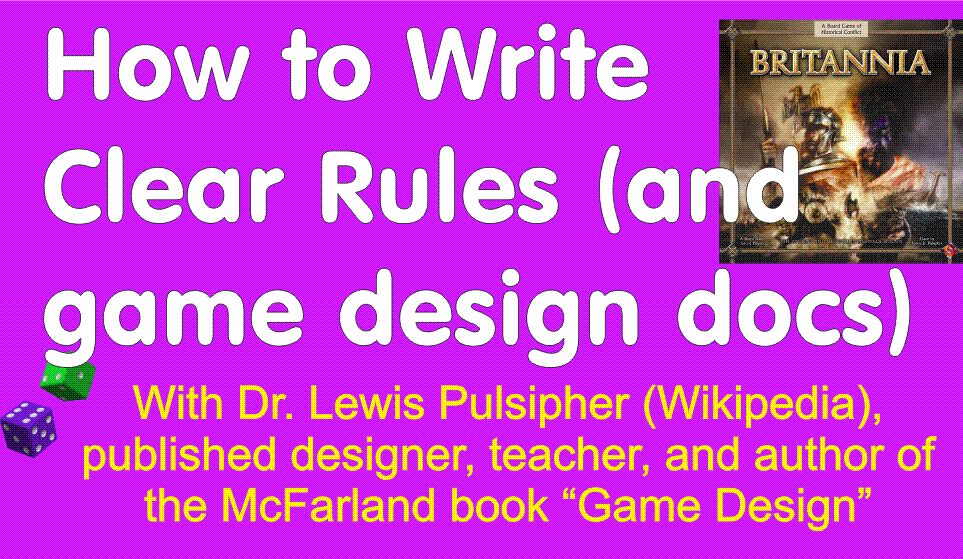I recently read the following in an article about changing how we teach, at
http://www.ccweek.com/news/templates/template.aspx?articleid=1850&zoneid=7 "They" refers to contemporary students.
"'We know they are different, he said. 'The challenge is to figure out how to reach them. The technology means they learn by trial and error. They are not going to read a manual. The whole educational system is predicated on the notion that failure is a bad thing. But failure means nothing to them.'"
Here is my comment: They've learned to learn this way, but if this method is inappropriate and even deadly in the real world--and sometimes it is--then teachers are duty-bound to teach them the right way, so that they can survive in that real world where their fantasies and their games mean NOTHING. (And remember who's writing this, I've designed games for 50 years, my first commercial games were published 30 years ago. I LIKE games. But they're not the real world.)
I don't want my employees to do things by trial and error, I want them to figure things out and do it right, if not the first time, then very soon thereafter. Failure means a lot in the real world, even though it doesn't in video games. Video games are often designed so that trial-and-error learners can ultimately prosper; the world is not constructed that way.
What we need to change in teaching is this: It's not technology that millennials crave, or trial-and-error, it's interaction with their surroundings (such as they get with video games) and with people (becoming more common in video games). Yet with the dilution and "commoditization" of modern education because of distance learning, we're going the opposite way.
Monday, July 19, 2010
Subscribe to:
Post Comments (Atom)
"Always do right--this will gratify some and astonish the rest."Mark Twain
"A designer knows he has achieved perfection not when there is nothing left to add, but when there is nothing left to take away." Antoine de Saint-Exup'ery
"Not everything that can be counted counts, and not everything that counts can be counted." Albert Einstein
"Make everything as simple as possible, but not simpler." Albert Einstein





5 comments:
For what are you educating your students? The "real world" is a very generic term for a very complex place. Yes, there are many endeavors in which there is a "right" and a "wrong", and getting to "right" as quickly as possible is incentivized. However, in creative endeavors, "trial and error" is heavily incentivized. Great art, whether it's music, visual art, or... game design, is come to through a process of trial and error. You create; you try; you critique. Rinse. Repeat. If you are interested in educating your students on how to be creative (the only area of educational value, in my opinion), trial and error is one of the best teaching tools you can use.
"Trial and error" is largely guessing. I want students to THINK, to use what amounts to the scientific method, identifying what needs to be improved, creating hypotheses about how an improvement can be made, then testing that hypothesis. I don't want them to guess any more than is necessary.
Especially in the video game world where you can succeed in a game by constant trial and error, thanks to the facility of going back to your saved game, I want students to learn to do more than t & e. T&E is poison unless you have *no choice* but to use it.
Then, I guess it's our definitions of "trial and error" that are at odds. My assumption is that trial is the next step after hypothesize. Of course, if students are blindly attempting something just to see what happens, without any insight into "why" they are doing so, then there is very little to be learned.
But, at the opposite end of the spectrum, I've seen too many students who are turned off from education, because they are taught that error is failure. Multiple choice tests as well as most school grading systems are large culprits in this trend. By emphasizing projects that reward careful hypothesis, followed by trial, likely error, and further hypothesis, we are teaching the scientific method AND a valuable lesson for solving one's own problems in life.
Yes, different definitions. And I see when looking it up in various dictionaries that the very broad meanings cover both scientific method and guessing.
I'll always remember reading a "white paper" about how students had changed over time. One of the 10 points was that students now prefer "Nintendo", that is, trial and error, the way people play simple video games, over logic. And I think of watching programming students (not my students, mind you) guessing at how to change a program to get it to work. They didn't try to figure out why it wasn't working, they just guessed. That's trial and error, to me. And it's poison.
T & E used to be regarded as the last resort. Now, it seems to have gained some esteem, so to speak.
A more specific term I use to describe the type of trial and error you are referring to is "guess + check". For whatever reason, it has become a valid problem "solving" method to be taught in schools.
Post a Comment